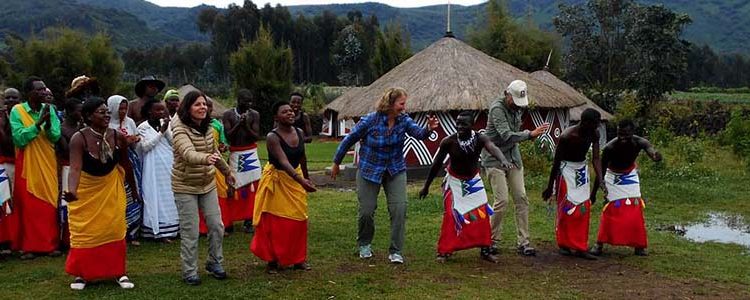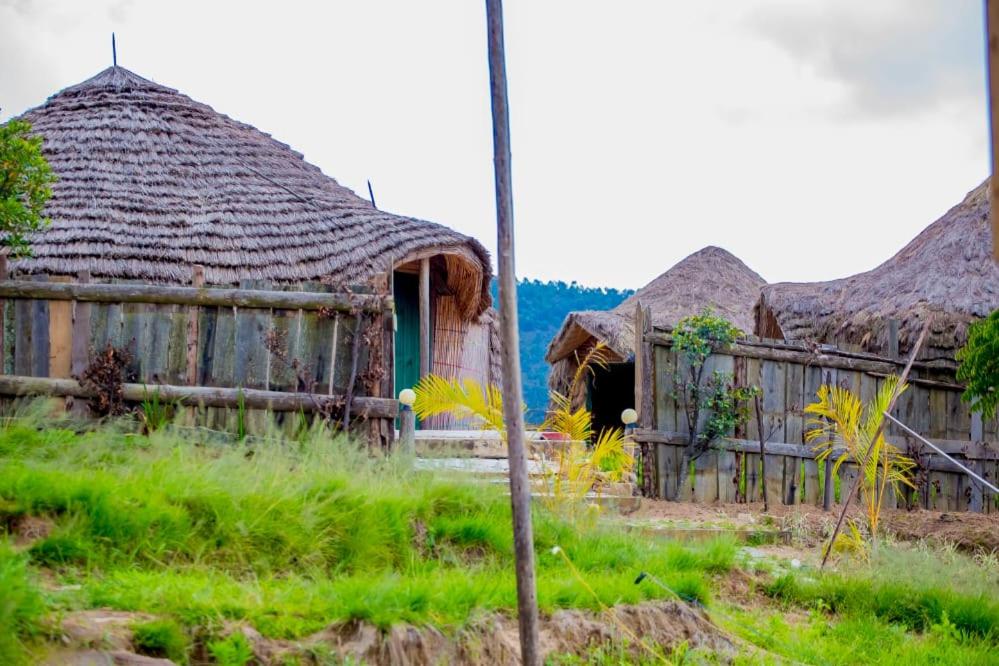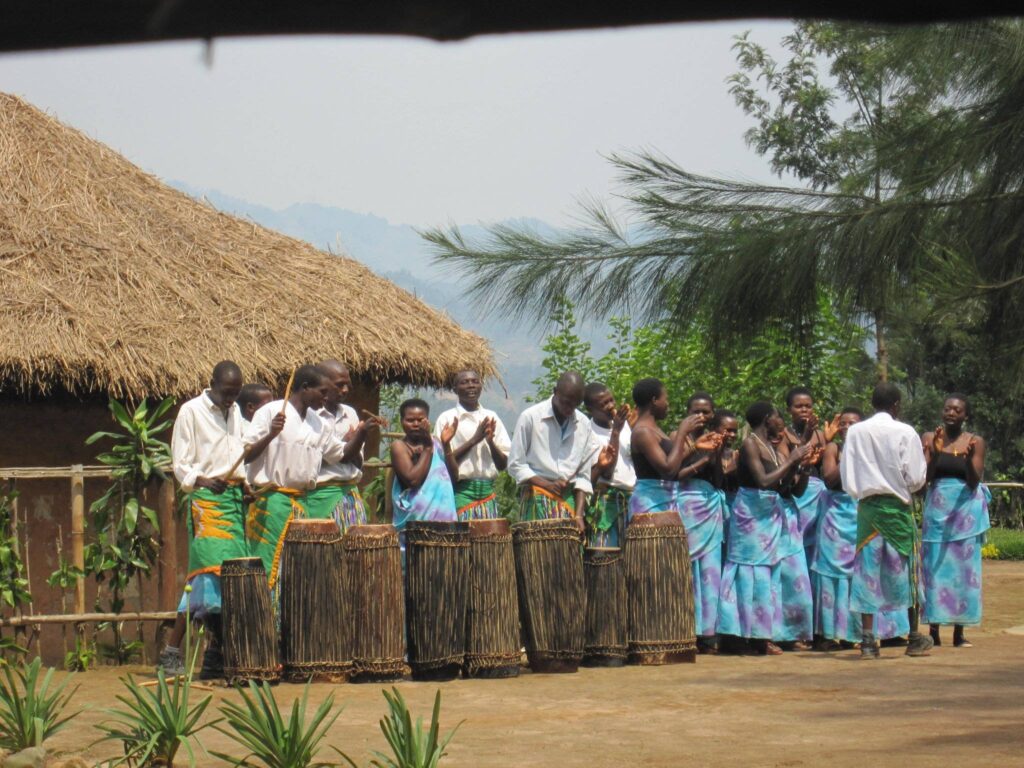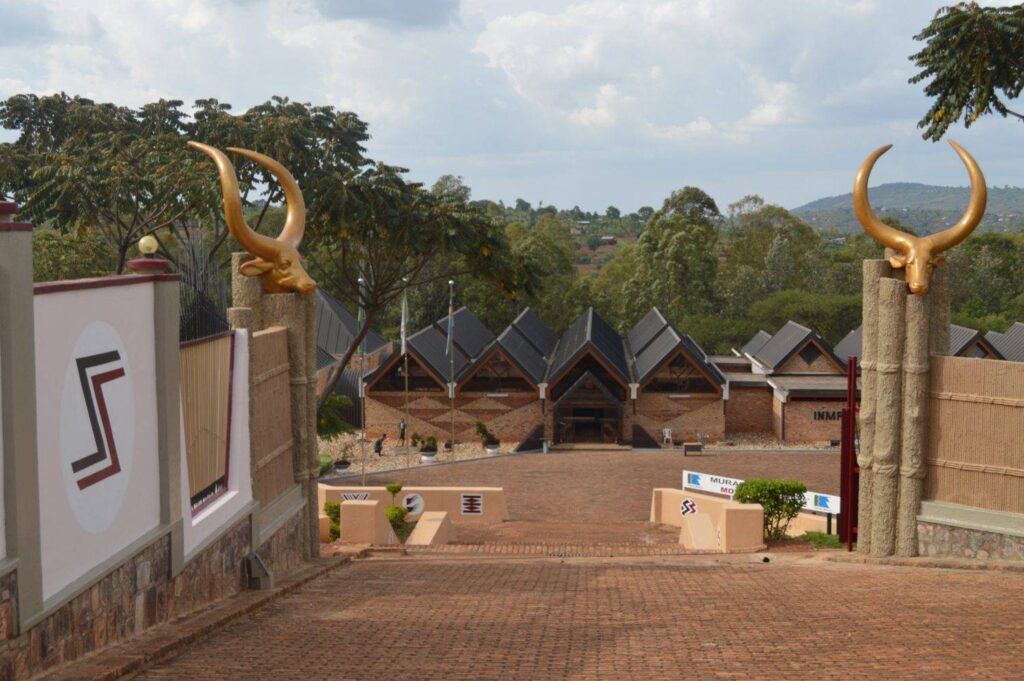Cultural Tours In Rwanda
Cultural Tours In Rwanda: One of the most wonderful things a traveler can do to enhance their experience of Rwanda and its culture is to include Cultural Tours. It is clear that the goal of any Rwanda tour packages is to meet the needs of the guests and ensure that their time in the nation is unforgettable. Many tours and activities in Rwanda are intended to make your time there enjoyable. Some examples are the Rwanda genocide tour, Rwanda gorilla tours, Rwanda golden monkey trekking, and Rwanda chimpanzee trekking, all of which are focused on ensuring that visitors have a positive and memorable experience. Nonetheless, Rwanda’s cultural tours stand out among the various tours and activities that have been planned due of the country’s diverse culture, which is one of the main draws for travelers.

During your tour of Rwanda, you will get the opportunity to learn about the several ethnic groups that call Rwanda home, including the Tutsi, Hutu, and Twi. Each of these groups has unique cultural characteristics that draw travelers on cultural tours of the country. Rwanda has many cultural places and diverse cultural villages that will be of great relevance to tourists interested in knowing Rwandan culture. Rwanda is a country that is not divided into several kingdoms nowadays.

Kitabi Cultural Center: The Kitabi Cultural Village is situated in Nyungwe National Park, which is well-known for its variety of monkey species, such as the vervet monkey and the hoest’s monkey, and for its large population of chimpanzees. Upon entering the park, one can witness stunning huts resembling those of the King’s Palace, ranked as one of Rwanda‘s top ten tourist destinations. You can observe two royal guards defending their “kingdom” with arrows at the gate’s entrance.
As you continue, you’ll witness Rwanda‘s traditional culture, which is pretty fascinating to witness. You’ll witness women and other community members collaborating to voice their complaints to leaders and other authorities. By visiting the cultural village, you will support cultural preservation through tourism as people benefit from it. The villagers can also perform cultural dances. You will also have the opportunity to engage in a variety of activities like basket weaving, making herbal medicine, and honey collection. These will allow you to have an authentic experience of Rwandan culture and cultural tours.
It should be mentioned that after moving his palace from Nyanza to Kitabi, King Kigeli V. Ndahindurwa, the last King of Rwanda, constructed it in the cultural village as well.

Banda cultural village: Similar to Kitabi cultural village, Banda cultural village offers the most genuine cultural experience in Rwanda. The village’s goal is to preserve its culture through tourism, which has also made it possible for cultural exchange, which is a crucial component of cultural tourism. In this instance, the residents of Banda village will share their culture through traditional dances and board games like the Igisoro game, which was once played as a way for people to bond and have fun together. Along with teaching you how to prepare regional cuisine and brews like banana alcohol, the community will also introduce you to other fascinating customs that characterize village life.
By integrating Nyungwe National Park, where a variety of activities like birding, chimpanzee trekking, nature walks, canopy walks, and hiking can be done to have a life-changing experience, you can also make your Kitabi and Banda culture tours in Rwanda fascinating and unforgettable.
The Ibyi’wacu Cultural Village: If you’re interested in leading cultural tours in Rwanda, you shouldn’t pass up a visit to this village, which is situated outside the Volcanoes National Park and is the starting point for gorilla trekking in Rwanda. Because of the rich cultural past that is depicted there, the Ibyi’wacu cultural village is the most popular one in Rwanda among the cultural villages. When you arrive at the Ibyiwacu cultural village, a local will greet you and give you a tour of the entire village. Next, you will see the medicine man, who will demonstrate how to make herbal medicine using tree branches, stems, and leaves to treat a variety of illnesses, including fever, cough, and other ailments. Additionally, you will get to see the pottery in the Batwa area, where you will learn how to create traditional pots for cooking and other purposes.
King’s Palace: The entire village or palace is a copy of the king’s palace of the last king of Rwanda, making it an exceptional cultural attraction that visitors should not miss while in the nation. The long-horned cattle that are visible behind the previous king’s hut piqued his interest during his reign. What’s interesting about the cows is that they are treated like humans and are taught to obey their masters, as evidenced by the fact that they can be seen moving to the sounds of their instructors’ singing to them. Typically, flowers and beads are used to decorate the cows, much like they were in the past under King Kigeli V Ndahindurwa’s reign.

When conducting cultural tours in Rwanda, it is highly recommended to visit the ethnographic museum, which is a cultural institution. You can gain insight into Rwanda‘s cultural progress both before and after Belgian colonization by visiting the museum. The museum was a gift from the Belgians, who founded it to guarantee the nation’s cultural preservation. This section will show you the many hunting implements used in the nation prior to colonialism as well as how Rwanda‘s clothing code changed throughout time, moving from traditional silk gowns known as umushanana to pants and cotton gowns, among other changes.Bugesera Reconciliation Village: Many families were left bitter and homeless after the 1994 Rwandan genocide, and the majority of them turned into enemies. However, the Rwandan government established the village to bring people together and ensure that they love one another, and it has proven successful because you can visit the village and see people leaving happy and in harmony with one another. They will also tell you horrific tales of what happened during the genocide and what they had to go through, but since they extended forgiveness to those who had wronged them, it gives humanity hope again and demonstrates the level of trust they had for one another.
The aforementioned essentially gives you a glimpse of Rwanda‘s vast and varied cultural landscape. Don’t be afraid to schedule a trip with us to see what Rwanda has to offer.



